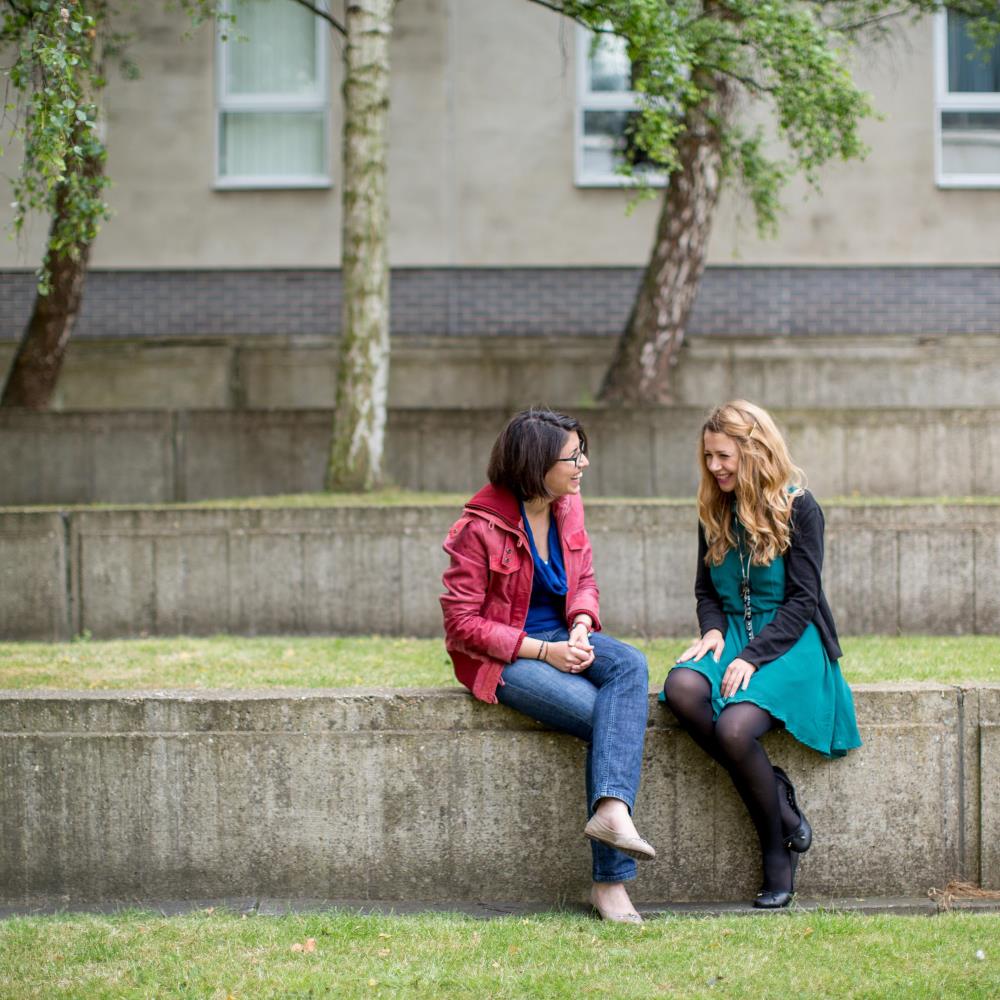The Immigration Health Surcharge (IHS) is a charge required by the UK Government as part of a visa application that is paid directly to the National Health Service (NHS). The NHS provides emergency, primary and secondary care in the UK.
Most students have to pay the Immigration Health Surcharge (IHS) for the whole duration of their visa (including the time before and after a course). You will pay when you make your application unless you’re exempt.
Who has to pay?
You will have to pay the charge:
- if you are applying for a Student visa overseas and your course duration is for more than 6 months
- if you are applying for a Student visa inside the UK, regardless of the length of your course
Exemptions
Student visa applications from British Overseas Territory citizens resident in the Falkland Islands, or UK Government Scholarship students (Chevening, Marshall and Commonwealth) are exempt from paying the charge.
Cost
You can calculate how much you will be expected to pay before you apply by entering the course start and end dates shown on your CAS statement.
The fee for the Immigration Health Surcharge increased in February 2024. Student applicants are currently charged £776 per year (previous fee £470) and for Graduate route and Graduate route dependant applications, the cost increased to £1035 per year (previous fee £624). All immigration applications submitted since 06 February 2024 are subject to the increased charge. UKCISA have provided further information about the price increase on their webpages.
For further guidance about the Immigration Health Surcharge including, who doesn’t have to pay and when you may be eligible for a refund read the government website.
Access to healthcare
Once you have paid the Immigration Health Surcharge (unless you are exempt from paying), you will have access to state emergency and primary healthcare. You will also have access to the same free state hospital secondary care as a UK national, for the duration of your stay in the UK granted by your visa. Make sure you know what you are entitled to and arrange private health insurance to cover any treatment you may have to pay for. Read the NHS information about moving to England for more information.
The University provides advice and guidance about your health and wellbeing and you will have access to many support services whilst you are studying with us. After your arrival in the UK, you should register with a local doctor (also known as a GP or General Practitioner), they will provide you with your NHS number.
Postgraduate Masters (PGT) International Health Bursary
International Health Bursary
For Postgraduate taught students starting at Essex in October 2024 or January 2025, we are offering a one-off bursary to contribute to the costs of the Immigration Health Surcharge (IHS), up to the maximum value of £776. Read our fees and funding guidance for further information about this bursary including how to apply.








